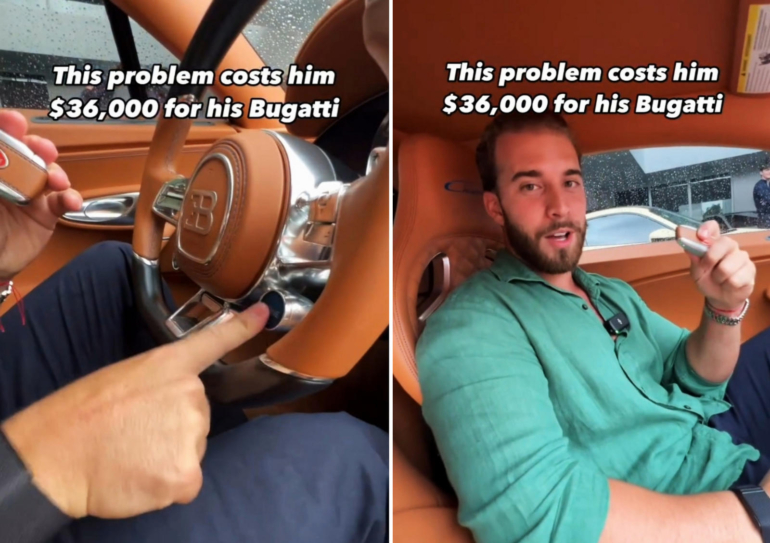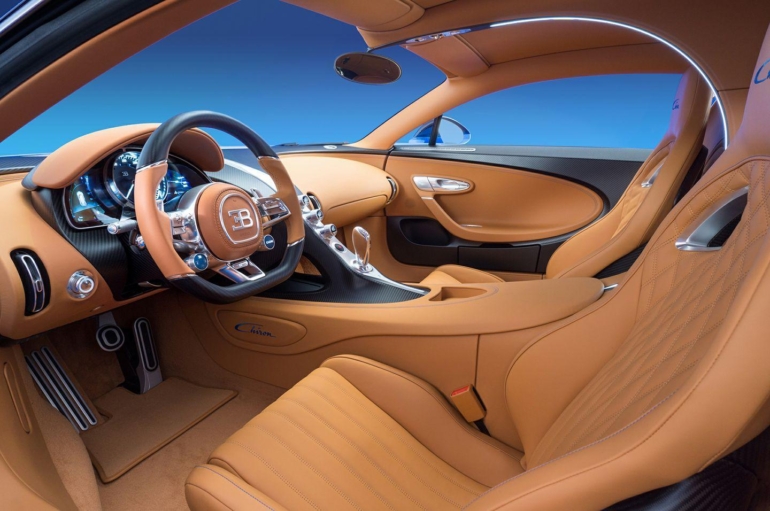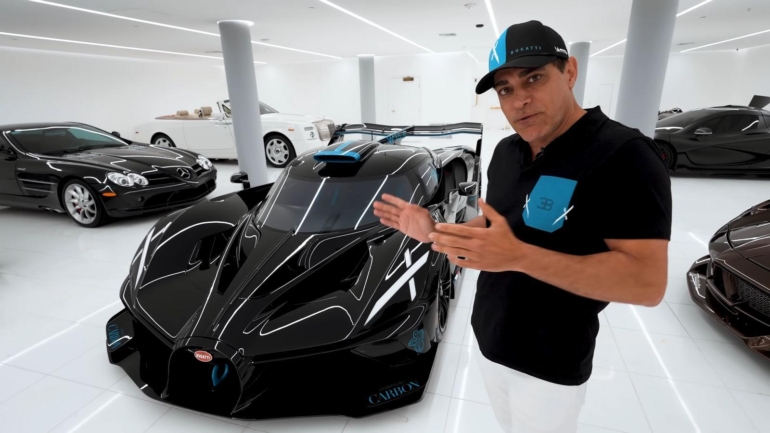Internet celebrity and entrepreneur Alex Gonzalez, known for founding Swing Trading Lab, is no stranger to high-stakes investments—whether in forex charts or million-dollar supercars. Recently, Gonzalez grabbed attention on Instagram after revealing that the battery in his baby pink Bugatti Chiron had died, and the replacement would cost a staggering $36,000. Adding to the drama, the battery must be flown in from France, a process that will take nearly three weeks. For most people, that’s the cost of a car. For Gonzalez, it’s the cost of keeping his car alive.

Gonzalez, the 25-year-old internet celebrity, is estimated to have a net worth of around $50 million. His lifestyle is as flamboyant as his success in the crypto and forex markets. His Swing Trading Lab course has attracted a following for its no-nonsense approach to building trading consistency.

But even among his many luxury assets, the pink Chiron stands out. The custom pastel paint job turns heads on the street and breaks the mold of traditional hypercar color schemes. It’s a reflection of Gonzalez himself—unapologetically bold, meticulously curated, and very, very expensive.

The Bugatti Chiron, with its 1,500-horsepower W16 engine and a price tag north of $3 million, is one of the most powerful and exclusive cars ever built. But that power comes with a price. Routine maintenance can run tens of thousands of dollars, and tires alone can cost upwards of $40,000 to replace.

The $36,000 battery Gonzalez mentioned isn’t a hybrid or EV battery either—it’s a high-end, low-volume part specific to Bugatti’s complex electrical systems. And just like the rest of the car, it’s built to be irreplaceable—until it isn’t.

Gonzalez isn’t the only one highlighting the often-overlooked costs of owning a Bugatti. Real estate mogul Manny Khoshbin, a well-known hypercar collector, recently took delivery of the $4.7 million Bugatti Bolide. The track-only beast arrived with strict instructions: it couldn’t be driven without external cooling fans or filled at regular gas stations.

It requires 102-octane race fuel, and even changing the wheels requires lifting the car on its built-in pneumatic jacks. And then there’s the tires—ultra-specialized racing slicks that can cost over $32,000 per set and last only 36 miles under track conditions. The Bolide is essentially a Formula 1 car in a tuxedo—and just as demanding.
For both Gonzalez and Khoshbin, these cars are more than just machines; they’re symbols of a life lived at the absolute edge—where the thrill of ownership comes with a price few are willing, or able, to pay.

